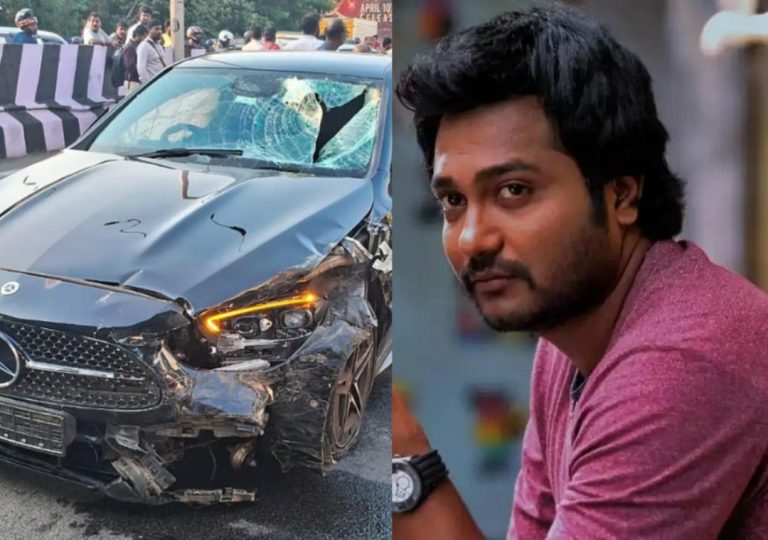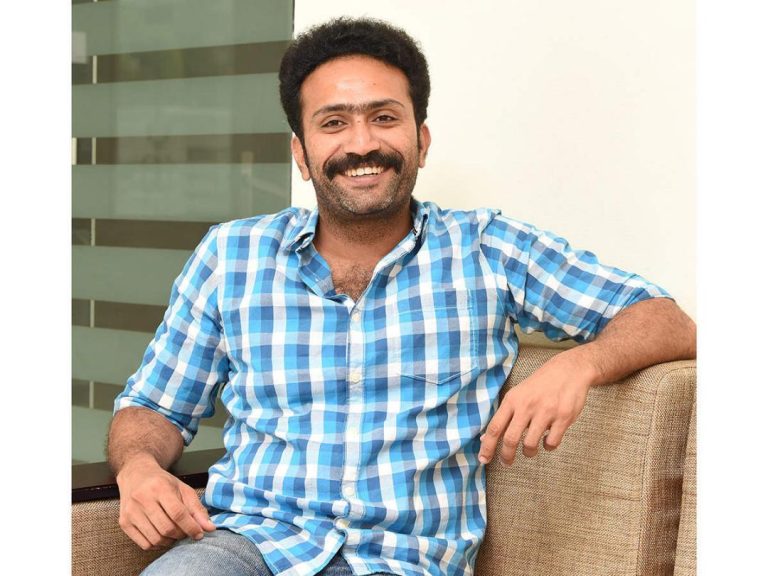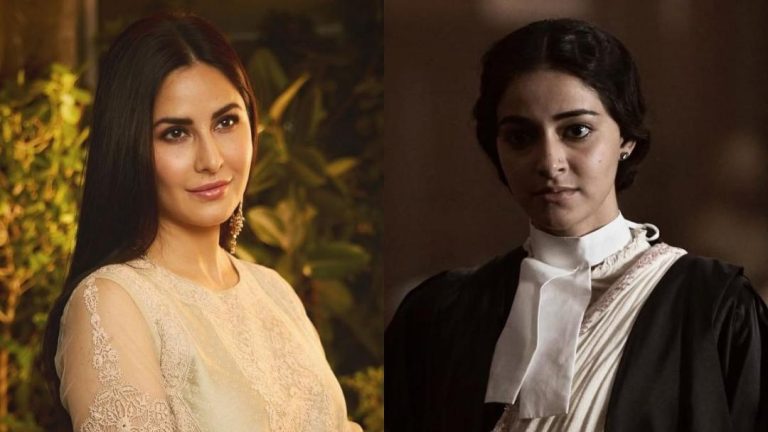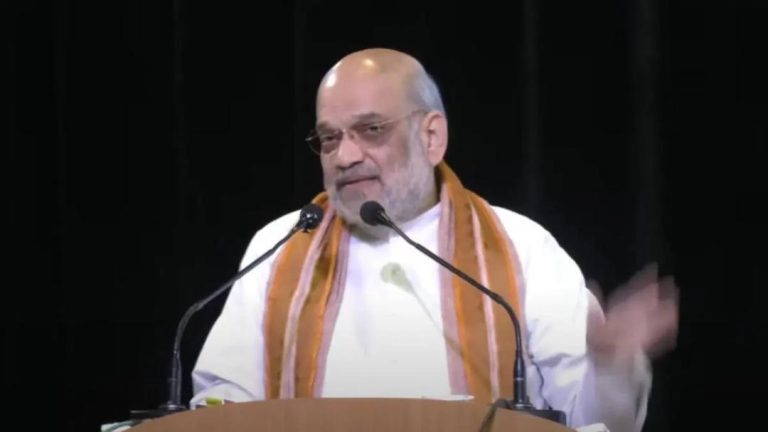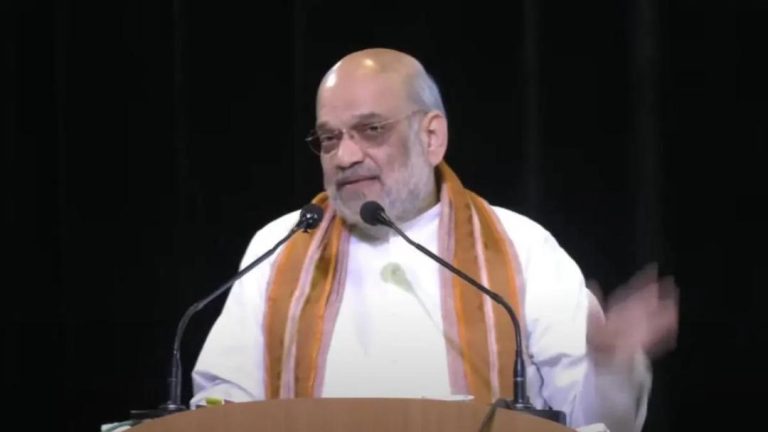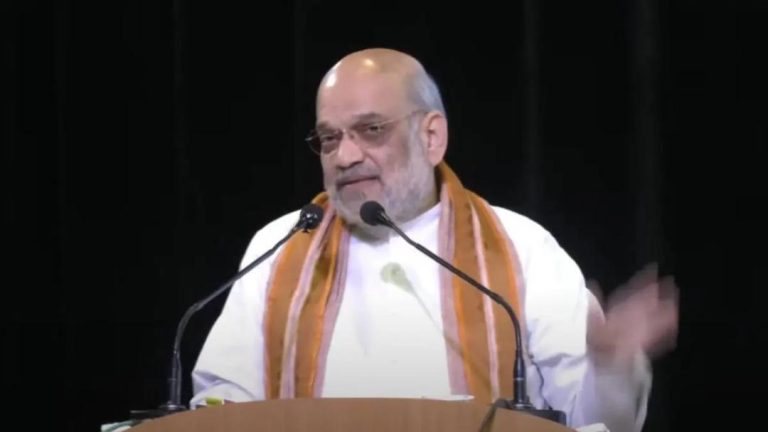
Even judges can’t see it together: Solicitor General on Allahbadia’s vulgar remarks
In a recent hearing at the Supreme Court, Solicitor General Tushar Mehta sparked a debate when he described Ranveer Allahbadia’s remarks on ‘India’s Got Latent’ as “not vulgar, but perverse”. The remark was made while the Centre was seeking the court’s opinion on regulating online content, amid the controversy surrounding Allahbadia’s show.
The Solicitor General’s statement has left many wondering what constitutes vulgarity and perversity in today’s digital age. Mehta’s assertion that even judges cannot see certain content together has raised questions about the limits of freedom of expression and the role of the judiciary in regulating online content.
For those who may not be familiar, Ranveer Allahbadia is a popular YouTube personality known for his bold and often provocative content. His recent show, ‘India’s Got Latent’, has been criticized for its explicit content and perceived objectification of women. The show has sparked a heated debate on social media, with many calling for it to be taken down.
In response to the controversy, the Centre has approached the Supreme Court seeking its opinion on regulating online content. The Solicitor General’s statement was made during this hearing, where he argued that the court needs to consider the impact of online content on society and the need for regulation.
Mehta’s assertion that even judges cannot see certain content together has sparked a debate about the limits of freedom of expression. While some have argued that the Solicitor General’s statement is an affront to the judiciary’s independence and impartiality, others have argued that it highlights the need for regulation in the digital age.
In a rapidly changing digital landscape, where online content is increasingly becoming a major source of entertainment and information, the need for regulation is becoming increasingly pressing. The proliferation of explicit and offensive content online has raised concerns about the impact on children and the vulnerable.
The Indian government has been under pressure to regulate online content, particularly after the passage of the Intermediary Guidelines and Digital Media Ethics Code in 2020. The code aims to regulate online content and ensure that it is respectful of Indian values and laws.
However, the regulation of online content is a complex issue that requires a nuanced approach. While some have argued that the government should have more control over online content, others have argued that such regulation would be a violation of free speech and would stifle creativity and innovation.
The Solicitor General’s statement has also raised questions about the role of the judiciary in regulating online content. While the court has the power to regulate online content, it is not clear whether it should intervene in matters that are best left to the discretion of the online platforms.
In conclusion, the Solicitor General’s statement has sparked a debate about the limits of freedom of expression and the need for regulation in the digital age. As the Supreme Court considers the Centre’s plea to regulate online content, it is essential that the judiciary takes a nuanced approach and balances the need for regulation with the need for freedom of expression.
